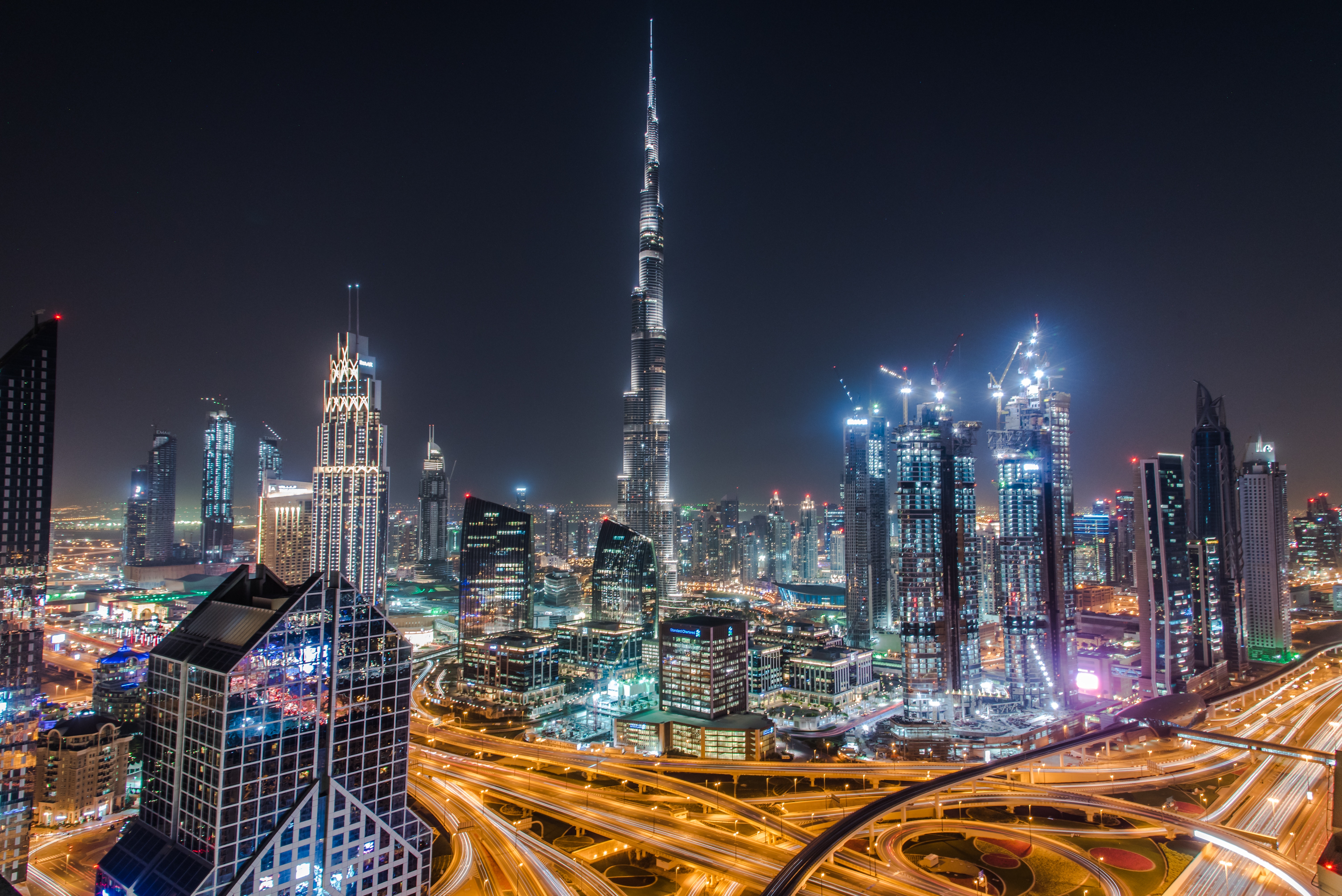Dubai Airports to Unveil Major Solar Panel Initiative
Hyphen Web Desk

The initiative is part of Dubai Airports' broader strategy to transition to renewable energy sources, which has been increasingly prioritized as part of the UAE's sustainability agenda. According to recent reports, the solar installation will cover an area exceeding 240,000 square meters across various terminals at DXB. This substantial area will accommodate thousands of solar panels, designed to harness sunlight and convert it into clean energy, reducing reliance on traditional energy sources.
In addition to its environmental benefits, the solar project is anticipated to yield substantial cost savings. Officials estimate that the energy produced will offset a significant portion of the airport's electricity consumption. This financial relief is crucial as Dubai Airports continues to manage operational costs while maintaining high service standards.
The timing of this project coincides with the UAE's ambitions to diversify its energy sources. The government aims for 50% of its energy to come from renewable sources by 2050. The solar panel installation is expected to play a pivotal role in achieving this target, reinforcing the UAE's position as a leader in renewable energy adoption in the region.
Key players in the energy sector have expressed optimism regarding the project. Industry experts emphasize the importance of such initiatives in promoting renewable energy within the aviation sector. Solar energy not only supports sustainability efforts but also helps mitigate the carbon footprint associated with air travel, a pressing concern as the aviation industry seeks to recover from the impacts of the COVID-19 pandemic.
Dubai Airports has been proactive in enhancing its environmental practices. The airport previously implemented various sustainability measures, including energy-efficient lighting and water conservation systems. The introduction of this solar project will further solidify its reputation as a pioneer in airport sustainability.
Stakeholders from various sectors have welcomed this initiative. The Dubai Electricity and Water Authority (DEWA) has shown support, emphasizing the alignment of this project with the UAE's broader vision of sustainable development. DEWA has been instrumental in promoting renewable energy solutions, and its collaboration with Dubai Airports on this solar initiative reflects a concerted effort to drive sustainable practices across different sectors.
This solar panel project also comes at a time when global interest in sustainable practices is on the rise. Airports around the world are increasingly exploring renewable energy options to minimize their environmental impact. As the aviation sector faces mounting pressure to adopt greener technologies, Dubai's proactive approach could serve as a model for other airports.
The project underscores Dubai's commitment to innovation and leadership in adopting advanced technologies. The solar panels will be integrated with smart technology, allowing for real-time monitoring and optimization of energy generation. This tech-driven approach aligns with Dubai's vision to become a smart city and reinforces the emirate's dedication to cutting-edge solutions in sustainability.
While the project's scale is unprecedented, the execution will require careful planning and collaboration among various stakeholders. Dubai Airports has indicated that it will work closely with local and international partners to ensure that the installation meets international standards for safety and efficiency. This collaborative approach is crucial for navigating the complexities associated with such a large-scale renewable energy project.
As the project progresses, there is an expectation that it will generate local employment opportunities, contributing to the economy of Dubai. The construction and maintenance phases will require skilled labor, aligning with the UAE's focus on developing a robust workforce in the renewable energy sector.
Labels:
#Syndication
Share:
